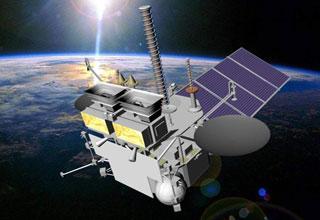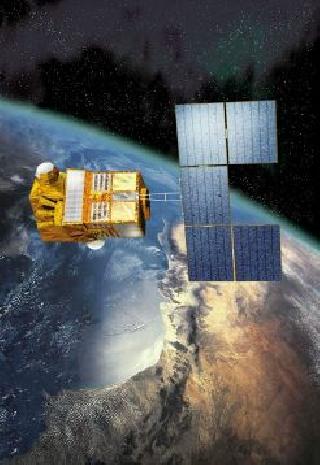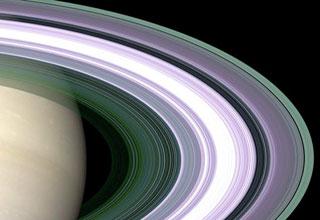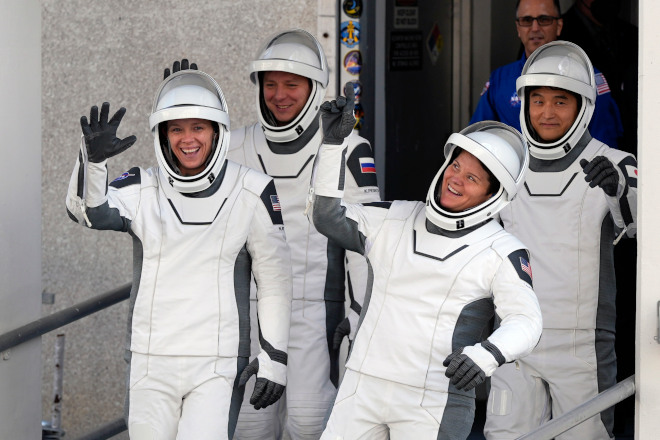
General Design of Electro-L satellite.
MOSCOW (Itar-Tass): Russia's first domestic geostationary meteorological satellite, Electro-L, will allow experts to observe climate change in the country when it is launched later this month, the director of the hydrometeorological center Roman Vilfand said.
The satellite will be above the point of intersection of the equator and the 76th meridian in the Indian Ocean. The whole territory of the country extending to the 60th parallel North will be available for observation, Vilfand said during a news conference earlier this week.
After some time, another satellite will be put in orbit to monitor the European territory and the Urals, he added.
Vilfand believes that "satellite information is most useful for predicting the weather."
"Numerical values are used as initial data for the prediction of the weather," he said.
Electro-L - is a hydrometeorological spacecraft designed to monitor the Russian territory. It will provide multi-spectral imagery of the Earth's disk in the visible and infrared ranges (resolution of 1 km and 4 km respectively).
Images will be taken every 30 minutes. In the case of observation of natural phenomena the filming intervals (on command from the Earth) can be reduced to 10-15 minutes.
In addition, Electro-L will be expected to perform the tasks of obtaining heliogeophysical data, relay and exchange weather information, as well as receive and relay data from autonomous platforms, meteorological buoys and signals of the search and rescue system KOSPAS-SARSAT.
The satellite will operate under the auspices of the World Meteorological Organization. It will be part of the system including satellites of the United States, Europe and Japan.
Launch Electro-L, mounted on the launch vehicle Zenit-2SB, is scheduled to be put in space from Baikonur on December 25.
 Previous Article
Previous Article Next Article
Next Article













The Indian Air Force, in its flight trials evaluation report submitted before the Defence Ministry l..
view articleAn insight into the Medium Multi-Role Combat Aircraft competition...
view articleSky enthusiasts can now spot the International Space Station (ISS) commanded by Indian-American astr..
view article